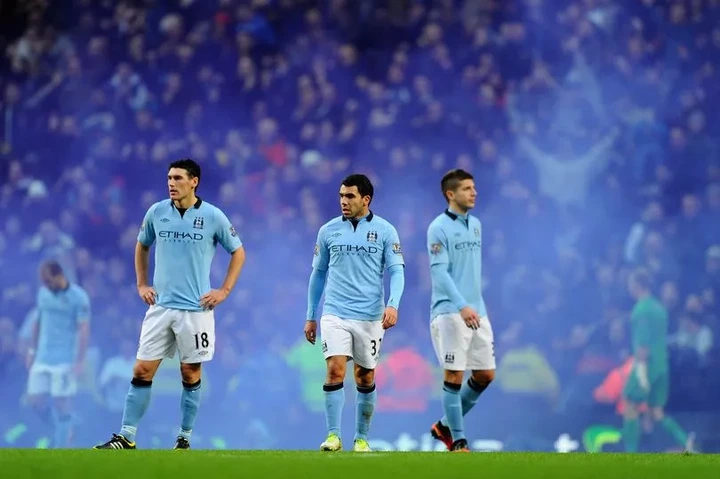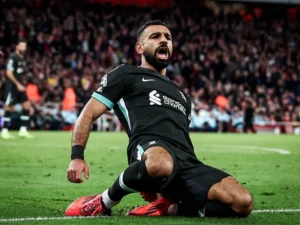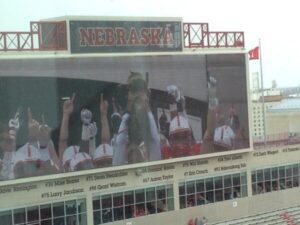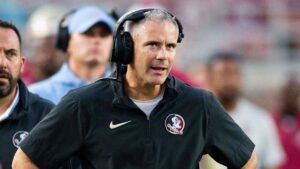
Manchester City owe a lot to Gareth Barry, but had to make a brutal decision about his future when he left on loan for Everton in 2013
Gareth Barry’s tenure at Manchester City, spanning from 2009 to 2013, was marked by significant contributions to the club’s successes, including their FA Cup victory in 2011 and Premier League title in 2012. His consistent performances in midfield were instrumental in elevating City’s status in English football.
However, by the 2013-2014 season, Manchester City faced a pivotal decision regarding Barry’s future. The club had invested heavily in new talent, bringing in midfielders such as Fernandinho, which intensified competition for starting positions. At 32, Barry found his prospects for regular first-team football diminishing.
Recognizing his desire for consistent playing time, City agreed to a season-long loan for Barry to Everton in September 2013. This move allowed Barry to maintain his presence in the Premier League and continue contributing at a high level. He expressed enthusiasm about the opportunity to work under Everton’s manager, Roberto Martinez, and to play a pivotal role in the team’s midfield.
Barry’s impact at Everton was immediate and profound. He became a central figure in their midfield, earning praise for his leadership and experience. His performances were so compelling that, upon the conclusion of his loan, Everton secured his services on a permanent basis, signing him to a three-year contract in July 2014.
For Manchester City, allowing Barry to leave was a difficult but necessary decision. The club was transitioning, aiming to infuse the squad with younger talent to build for the future. While Barry’s departure meant losing a seasoned and reliable midfielder, it also provided him with the opportunity to extend his career and continue playing regularly.
In retrospect, Barry’s move to Everton proved beneficial for all parties involved. Everton gained a midfielder of exceptional quality and experience, while Barry enjoyed several more productive years in the Premier League, further solidifying his legacy as one of England’s most dependable midfielders. Manchester City, meanwhile, continued to evolve, achieving further domestic and international successes in the subsequent years.
This episode underscores the complexities clubs face when managing the careers of veteran players amidst evolving team dynamics and strategic goals. Balancing respect for a player’s past contributions with the necessity of future planning often requires making challenging decisions, as exemplified by Gareth Barry’s transition from Manchester City to Everton.







